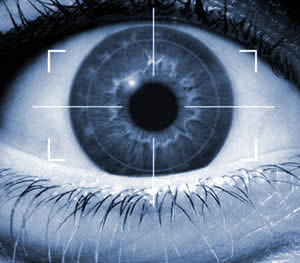Occasionally, it becomes necessary to employ techniques other than uniformed personnel or electronic devices to determine the source of specific losses or poor employee behavior. Assets Protection, Inc. provides a full range of investigative services.
Serving Pennsylvania • New Jersey • Maryland

Assets Protection offers confidential investigative services that can help eliminate deep-rooted problems, contain losses and reduce risks of liability. Our investigations unit provides undercover, surveillance and street level investigations for clients, attorneys, 3rd-party administrators and insurance carriers.
Surveillance & Investigation Can Make Or Break Your Case
Most people never think they’ll need to have someone followed. But when properly conducted, surveillance can provide critical information about a security problem — including viable evidence that will stand up in court. Surveillance often answers questions in cases where other investigative methods have failed, for example:
Legal Surveillance Techniques
Surveillance can be static or mobile. Static surveillance involves observing someone’s activities from a non-mobile location. Mobile surveillance is what most people usually envision — following someone on foot or in a vehicle. With both types, photographs and video are taken to document a person’s whereabouts and actions and to serve as evidence in a court of law if necessary, or simply for dispute resolution. Techniques used during surveillance include any or all of the following:
Business Value
The benefits of surveillance go far beyond convictions and restitution. Surveillance can be a strong deterrent to committing insurance fraud. More often than not, false claims are simply dropped rather than being prosecuted as fraud — but the savings in falsified claims payments is real and substantial !
Surveillance can be used in virtually any investigation. It is the quality and experience of the investigator that ultimately makes the difference in the value of evidence obtained. Assets Protection, Inc. provides a full range of investigative services, including all types of surveillance services.

Need More Information?
Please feel free to Call Ed Michaels at Assets Protection, Inc. for a confidential discussion of your needs, and how we may better secure your valuable business assets — and your company’s reputation.
If your vendor says NO to any of these questions ... so should you!
- Are you licensed or registered in the state where the cases are being worked?
- Are you familiar with each state’s privacy laws?
- Are you insured and bonded?
- Do you supply the surveillance equipment or must the client furnish it?
- Do you provide the video recordings and evidence in digital format?
